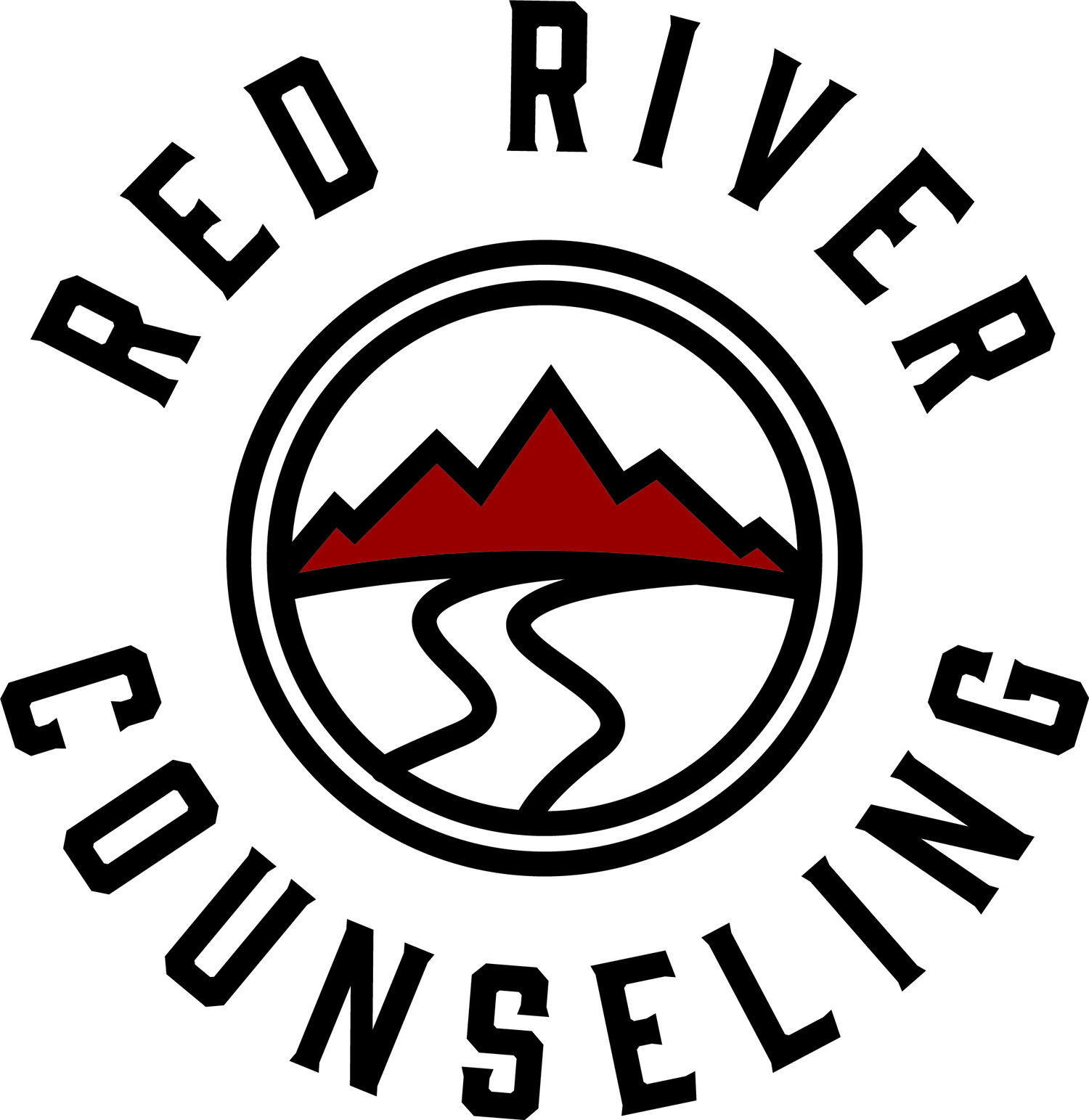How Do You Engage Conflict?
/How do you engage Conflict?
How do you typically handle an issue that comes up between you and your spouse, your boss, your friend or a fellow believer? When we feel hurt, we tend to do what we’ve always done, whether that be fight, flight, freeze or please. These reactions are hard-wired into us, rooted all the way in the basest parts of our brains. Not only that, but our reactions to hurt are also formed by our experiences. For instance, if you grew up in a volatile home you may tend to lean towards passivity, as your experience with conflict has been historically more harmful than helpful. Then again, you may lean towards fighting as it was the only way to be heard in your family of origin. I encourage you to spend some time thinking back to how your parents and/or guardians handled conflict as you were growing up.
When an issue came up at home, who engaged it and how? Who avoided it, and how?
When an issue came up outside the home, who engaged it and how? Who avoided it, and how?
How were you instructed to deal with people at school who hurt you?
How were you taught to apologize? Was it forced or natural? Was it immediate or delayed? Was it necessary for you to be sincere?
How did your parents/guardians react when they were confronted? How did they act after the confrontation when they were away from the involved person(s)?
When a fight happened, how was the relationship repaired afterwards?
What do you do the same as your parents/guardians? What do you do differently?
Below is a brief and general description of four typical responses we have when we feel hurt by someone. Although our reactions vary person to person, we generally go about dealing with relational pain in a consistent way.
Fight
This is the easiest of responses to notice. When you feel hurt by someone you go right towards the source of pain. This response, like the others, is full of healthy and unhealthy means of doing conflict. Some of the unhealthier means include criticism, shaming, aggression, volatility, and throwing passive aggressive darts. On the other hand, fighting can be extremely healthy when we approach the issue without contempt for the person and instead focus on the pain itself.
Flight
Walking away from the source of our pain is not always a bad thing. If the person who hurts you is unsafe to talk to (i.e. defensive, manipulative, or they are a bully) then you may not need to approach them right away. However, stonewalling after a hurt creates a chasm between the relationship where intimacy cannot grow. Some of the unhealthier flight reactions include silence, shutting down, and all other means of avoidance (i.e. numbing out, distracting ourselves, fantasizing, minimizing and justifying).
Freeze
Some folks literally freeze when they feel hurt. They are unable to speak to the issue in the moment. If this is your typical reaction to feeling hurt, try not to beat yourself up for it. Our brains are incredibly resourceful at taking care of us, which sometimes includes shutting down. Imagine a car that is overheating, if the engine did not shut-off to cool-off all kinds of damage would occur. However, if you find that you never ‘unthaw’ from your freeze response, the relationship will be unable to grow in its depths of intimacy.
Please
When pain happens to you and you find yourself aiming to please the perpetrator of that pain, you are engaging in a please response. This could most likely be categorized under the ‘flight’ category, but it is so rampant I thought it would be wise to give it its own space. People-pleasing is a manipulative strategy aimed at avoidance of conflict. Rather than discussing how you hurt me, which could lead to greater intimacy, I please you in order to avoid you, which leads to less intimacy.
Investigate your reactions to relational hurt over the past few months. Ask yourself which aspects of your reaction brought about deeper intimacy, and which led to further separation. For further investigation, ask yourself (and others) these questions:
How do I fight back when I feel hurt by others?
What do I do to avoid conflict with someone else?
When was a time where I felt frozen or paralyzed by a hurtful situation?
How do I react when someone else confronts me? How do I get defensive?
What are times when I was able to successfully work through an issue or conflict with someone?
What are times when conflict or an issue led to a relationship falling apart?
What areas do I need to work on when it comes to handling conflict?
Be sure to read the second part to this post, 10 Principles of Healthy Conflict Resolution

